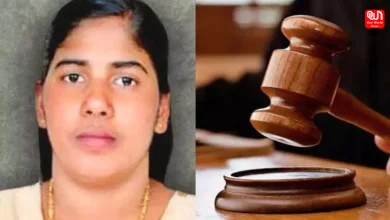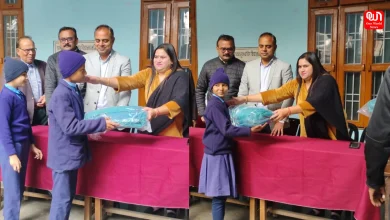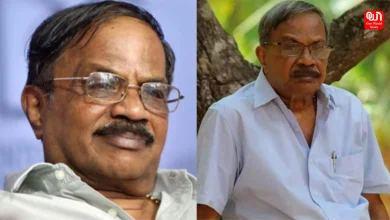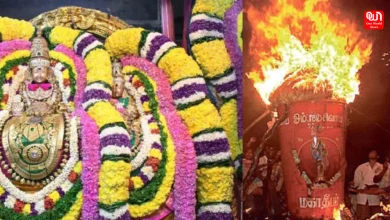Protection Of Street Children
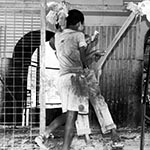
Protection Of Street Children
International Institute of Human Rights Society staged a discussion on the occasion of Human Rights day. The panel included Soli Sorabjee, Senior Advocate, Justice Lahoti, Former Chief Justice of India, Swami Dhram bandhu ji, Founder of Shri Vedic Mission Trust. The discussion was chaired by Pravin H. Parekh, Secretary General of International Institute of Human Rights.

The Staging area
Swami Dhrambandhuji started the discussion, as he talked about the glorious past of India. A past which Magesthanes described in his book, a past where no one suffered from poverty and everyone was educated.
He also talked about the Rig Veda in which, it has been described that the whole world is a family and the narrow thinking of ‘Yours’ and ‘Mine’ should not be followed but the idea that everything belongs to everyone should be enforced. He then said that every religion teaches us to respect every human being and we don’t have to agree to everything but everyone should have a right to exercise their thoughts and freedom.

Pravin H. Parekh, Secretary General of international institute of Human Rights
Discrimination gives rise to fear, fear gives rise to hatred and consequently hatred gives rise to violence. So in short, discrimination gives rise to violence. If people start to think about all of these problems, the solution is bound to come. He further added, “If every member of the society starts to act responsibly then we will not have to talk about ‘Protection of Street Children’ in these confined halls.

Soli Sorabjee, Senior Advocate
According to a World Health Organisation report, 173 million girls suffer from atrocities in the streets and 73 million boys suffer from the same. It is estimated that 12 million people on the face of this earth are rich. If those people start to act responsibly and do something for the society, then we could definitely hope for a better future.

Swami Dhrambandhuji with his thoughts
Justice Lahoti was the second speaker. He lauded Swami Dhram bandhu ji for his ground breaking work in the field of child education and then he came to the principle topic of Protection of Street Children. He said, “The issue of Protection of Street Children is not bound by time or geographical conditions. It is a challenge to the international community as the number of street children are increasing globally and yet this issue is missing from public debate and policy frame”.

Justice Lahoti, former Chief Justice of India
He then gave some statistics which were highly disturbing. According to a United Nation report, there are 127 countries around the world where men, women and children are subjected to trafficking. In India 1 child goes missing every eight minutes. From 2011 to 2014, there were more than 3 lakhs reports of missing children and this figure doesn’t include the cases where the reports were not filed. The percentage of children who reunite with their family is almost zero. According to experts of child sociology and psychology, there are three major factors responsible for child trafficking. First is sexual and physical exploitation, second is child labour and third is trafficking for body parts. 40% of the street children are between the ages of 11-15 years, 33% are between 6-10 years.
After giving all these statistics he said that there is a dearth of institutions which are concerned with street children but no solutions seem to emerge.

For solving this problem, he said, “This problem needs to be dealt by social scientists and child psychologists in a big way. At my level of thinking, the problem needs to tackle at the individual level, community level and the state level”. He then narrated a new move in Mumbai. As part of its employment generations scheme for street children, the Maharashtra government decided to provide job training for better future prospects of children. Private companies like Wipro have tied up with the state government to provide skilled jobs to the street children after completion of their training. At the individual level, every citizen should be encouraged to adopt one child and take care of her or him. Industrial organizations like FICCI, Merchant Chambers can propagate a culture to focus on street children through their CSR program. NGOs such as SPARSH in Bangalore, KHUSHI in Kolkata deserve to be emulated. Children are the future of every country and they need to be protected.



